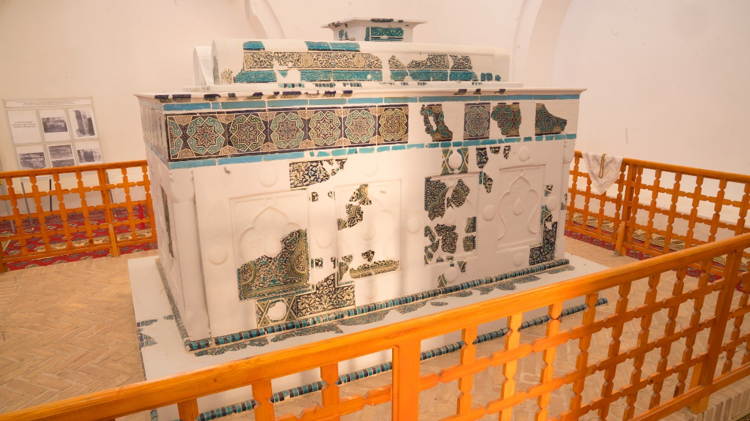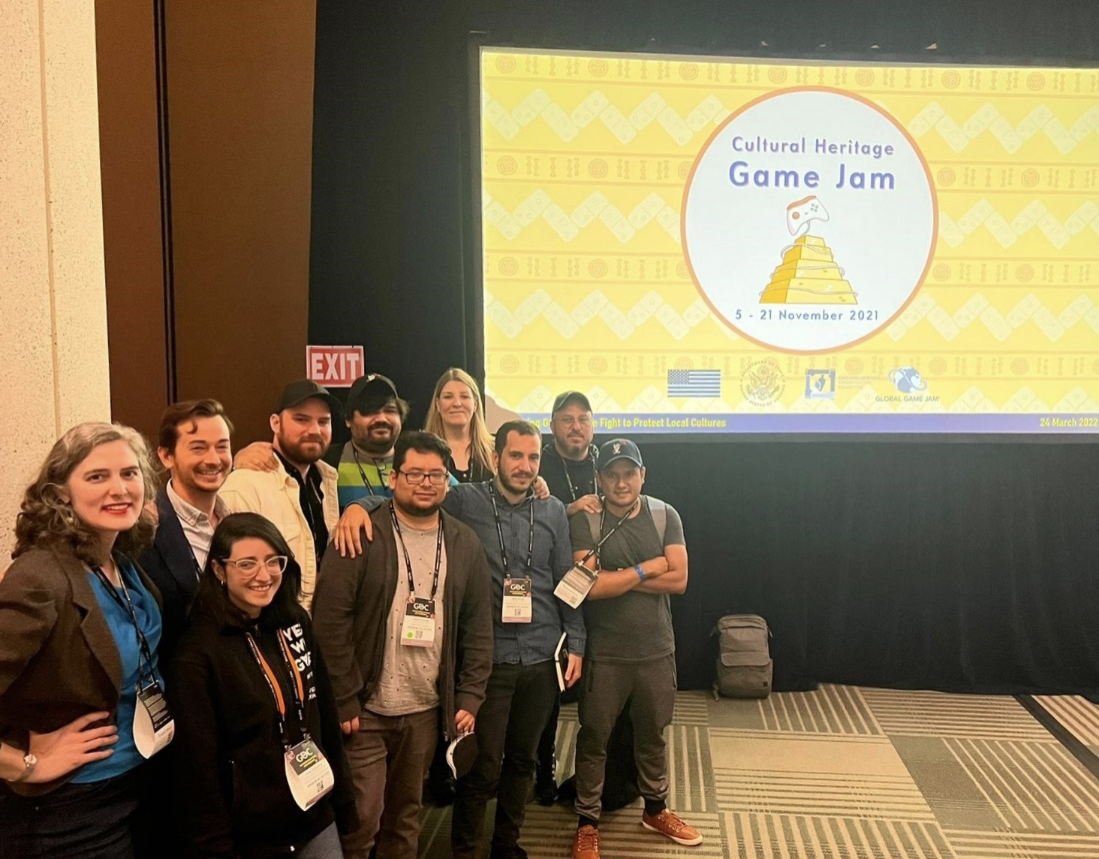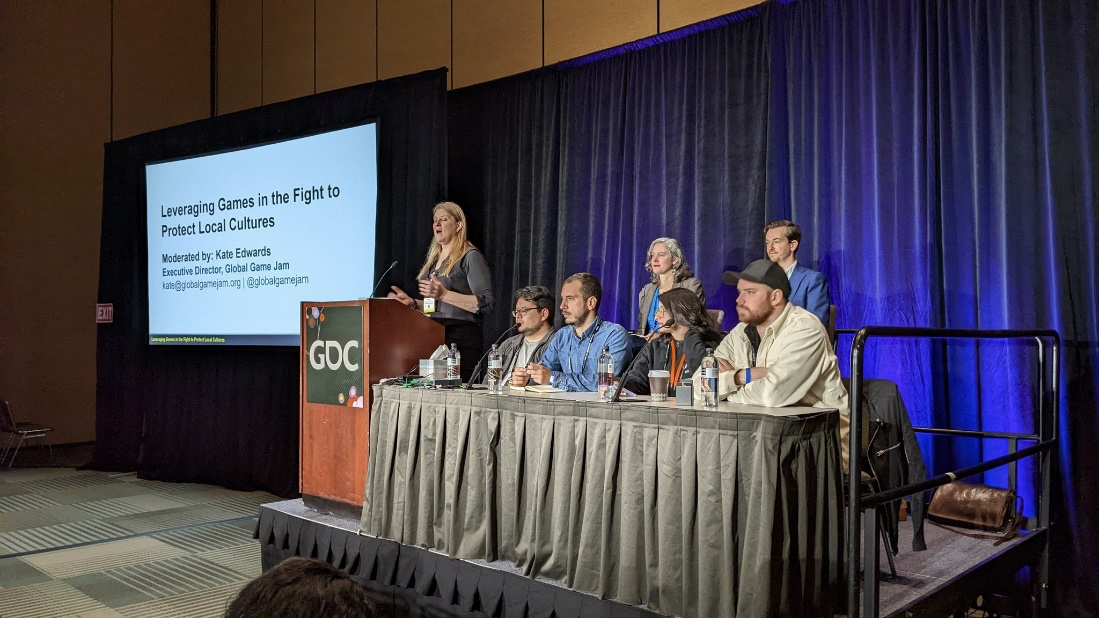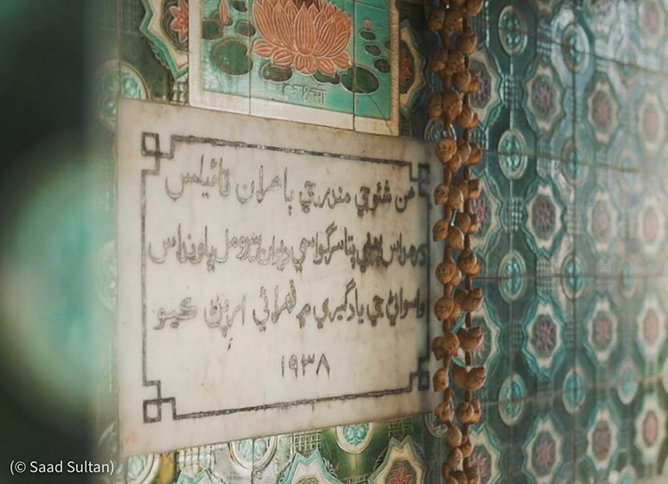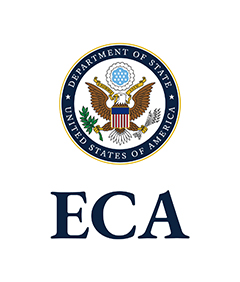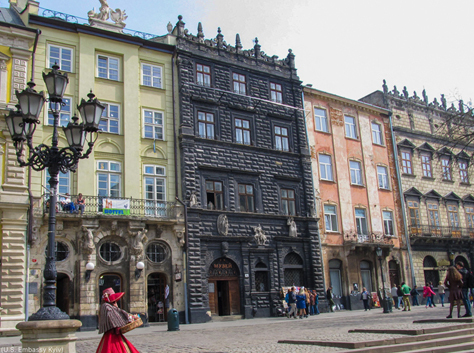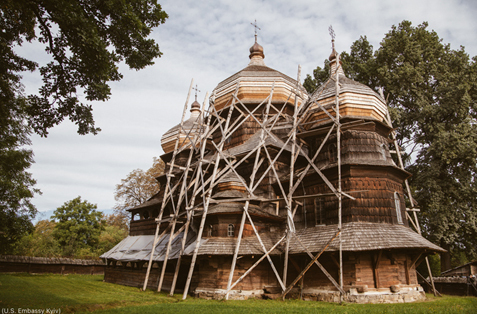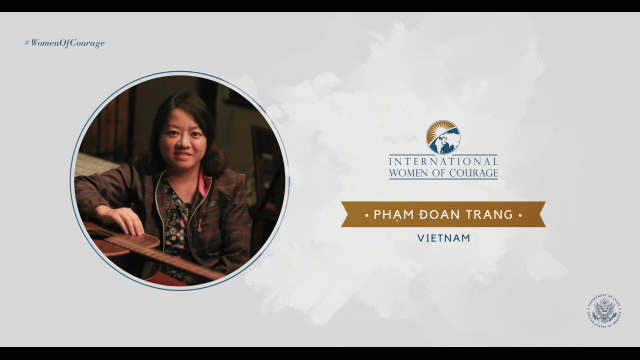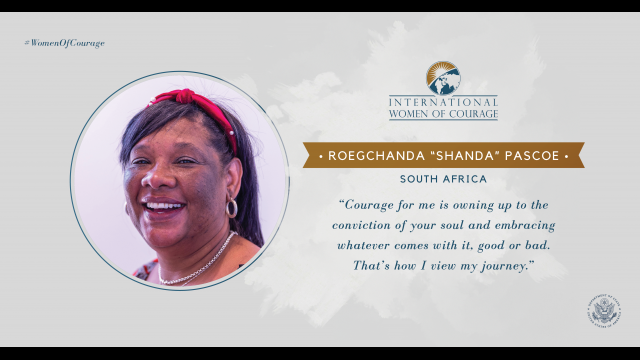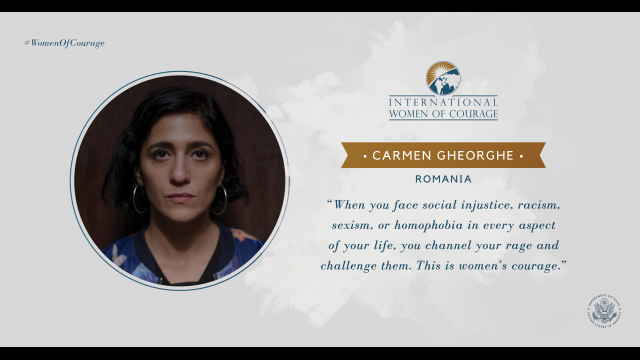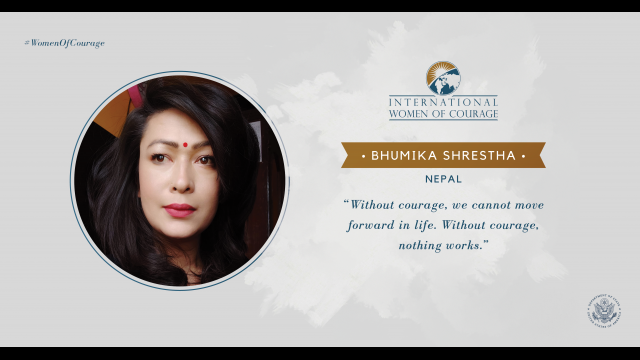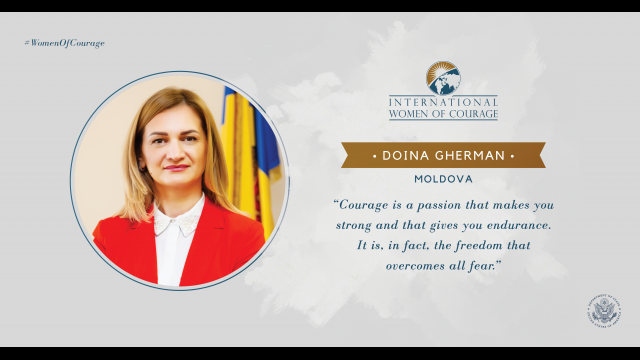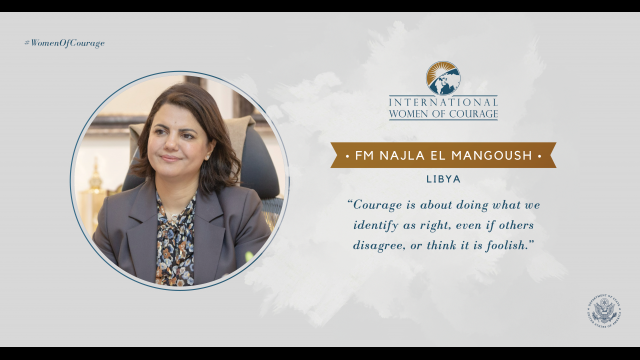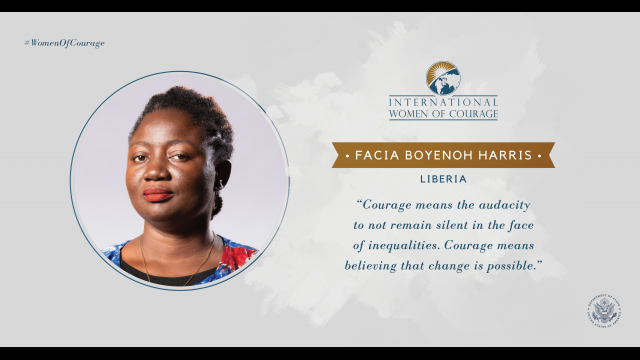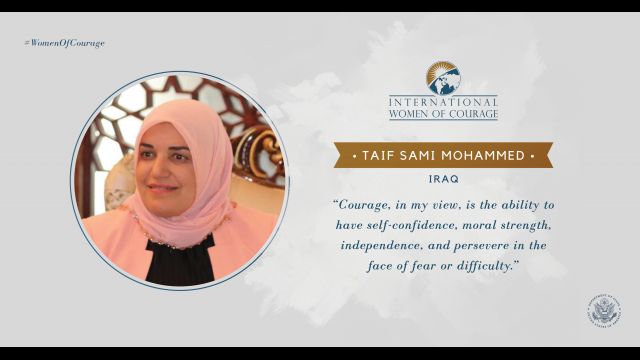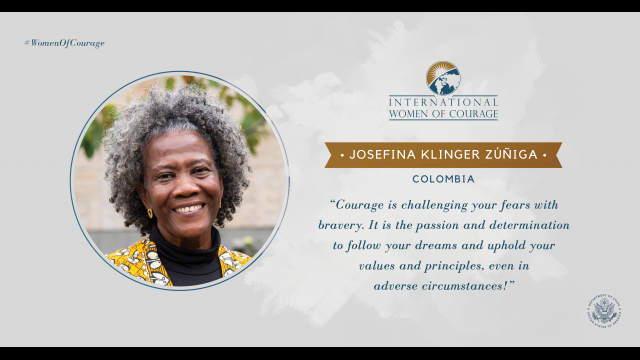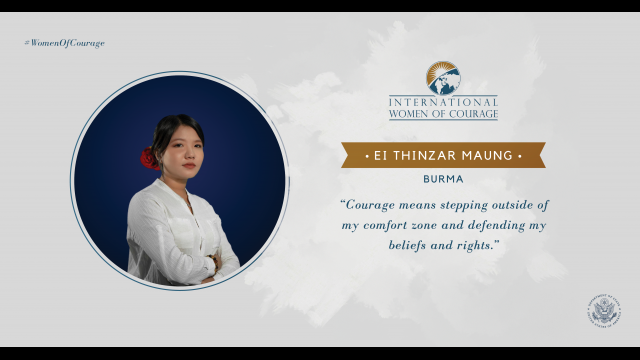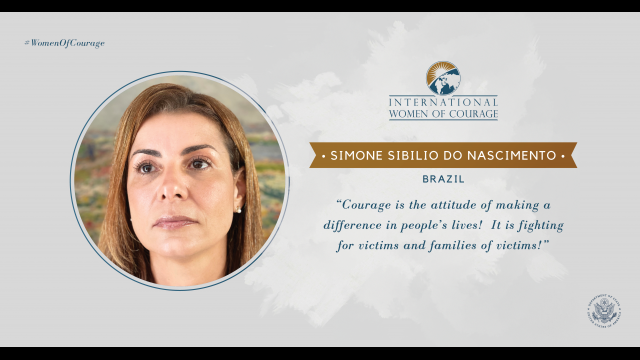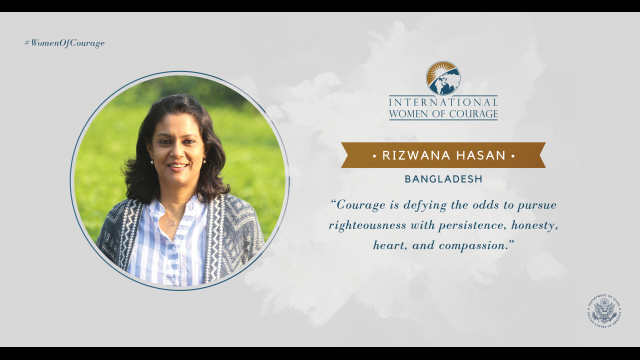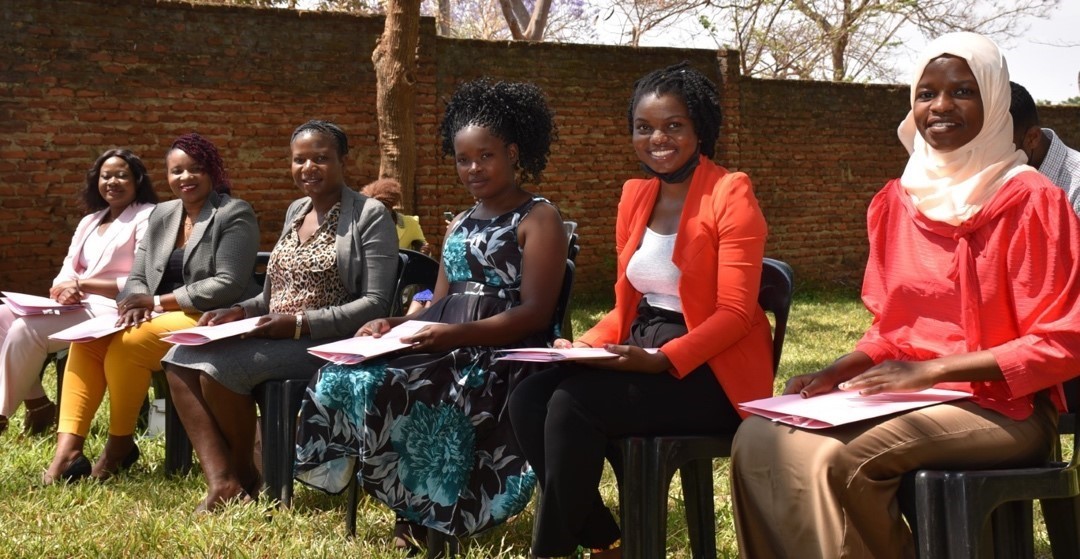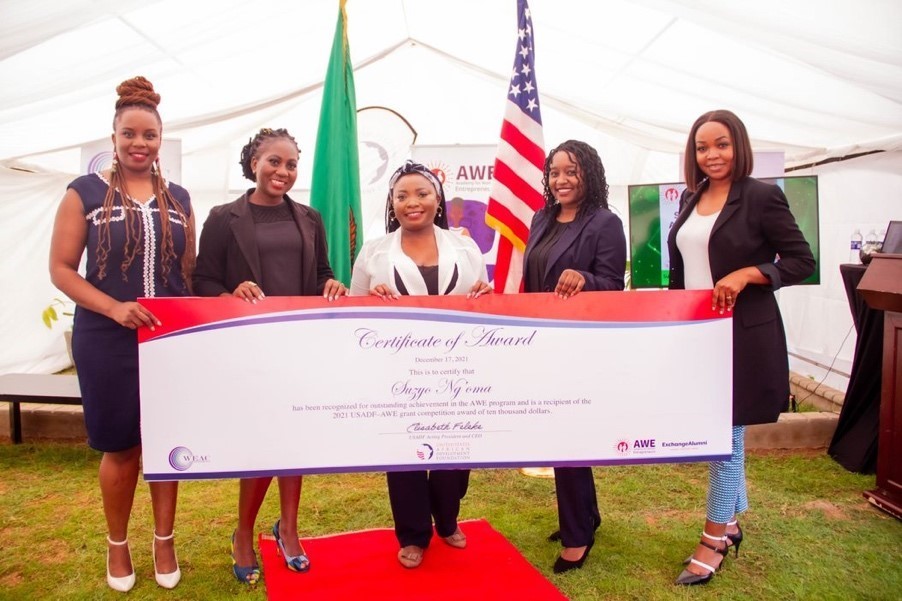[Dar Es Salaam, March 1, 2022] – Responding to the pressing need for maternal care in Tanzania, Academy for Women Entrepreneurs (AWE) graduate Lucy Chuwa launched Mama Kits - a business that is saving lives in East Africa. Chuwa graduated in 2019 from AWE, which is an educational exchange program for women entrepreneurs created by the U.S. Department of State in collaboration with Arizona State University.
For five years Chuwa lived in Masaailand, a vast tract of savannah in Tanzania’s Rift Valley that is well-known for the pastoral communities that inhabit it. Maternal death rates here – and across Tanzania – are high due in part to lack of knowledge about maternal care, but also scarcity of healthcare and medical equipment, which means that more than half of women give birth at home. According to the World Health Organization, maternal mortality in Tanzania accounts for almost one in five deaths in women aged 15-49, with hemorrhages and infections among the main causes. Lucy Chuwa made it her goal to do something about it.
“When I became a mother and had the joy of holding my babies, I went back to where I came from and looked for an affordable solution to save this society,” says Chuwa. “That’s when we came up with the idea for this product,” which she aptly named Mama Kits, and then she got help distributing the product through the Academy for Women Entrepreneurs.
Mama Kits are small packs containing basic clinical items critical to preventing infection during childbirth - things like gloves, cotton rolls, a clean sheet, and a sterilized blade. In Tanzania, these simple things can be hard to find; women have to search multiple pharmacies and pay premium prices to get these necessary supplies. Mama Kits make it easy - they can be picked up in local pharmacies and medical centers and cost about half the price of buying each item on its own.
And it's not just families that want Mama Kits – it’s doctors too. “Our [Mama Kits] team encourages women to start saving when they learn they are pregnant,” Chuwa explains. “Then when they go to clinics, the nurses and medical doctors introduce the kit and also encourage them to save up and buy it.”
Not only do Mama Kits provide women with sanitary medical supplies, but they also equip mothers with critical health information. Chuwa is currently developing a smartphone app to provide medical info and answer women’s questions about caring for themselves and their babies before, during, and after pregnancy. Chuwa also hopes to set up an SMS service to send reminders about appointments, medications, and other critical steps to ensuring a safe pregnancy.
Chuwa’s Mama Kits have been helping women and their babies thrive, family by family. By identifying the maternal health crisis and developing an affordable, accessible product, Chuwa has been able to impact more than 8000 lives, providing kits to more than 4000 women which helped them safely deliver their babies - a feat she attributes in part to her technical training with the Academy for Women Entrepreneurs (AWE).
“It would have been so much harder for me to get where I am now if it wasn’t for AWE,” says Chuwa. Through AWE, she learned how to develop a business plan and keep detailed financial records, which helped her assess the strengths and weaknesses of her business and make changes to maximize Mama Kits’ impact. Since Mama Kits is a social enterprise that prioritizes helping the community over making profits, record keeping has been critical to maximizing operations and minimizing costs to enable future growth.
In addition, when she graduated from AWE, Chuwa applied for and won a competitive $25,000 grant for catalytic seed funding from the U.S. African Development Foundation (USADF), a U.S. government agency that supports African-led development and community enterprises. This seed funding was a significant capital investment that Chuwa used to distribute her product to more medical centers and provide one remote village with 100 kits for free.
Chuwa is excited about AWE’s impact on other African businesses as well. “There are many small businesswomen here, but many lack proper knowledge on how to run a business. It’s not just about capital but also proper knowledge,” she explains. “And AWE is a good platform for people to get this knowledge and make new connections.”
The Academy for Women Entrepreneurs is a U.S. government-funded exchange program that gives enterprising women the knowledge, networks, and access they need to launch and scale successful businesses. Launched in 2019, AWE has empowered more than 16,000 women in 80 countries to grow their businesses, helping local communities thrive.
Article written by: Allie Dalola is an intern supporting the Academy for Women Entrepreneurs. She is currently in her first year at the University of North Carolina - Chapel Hill.



